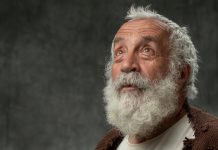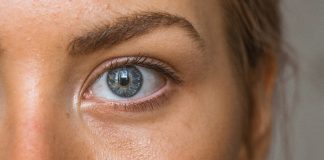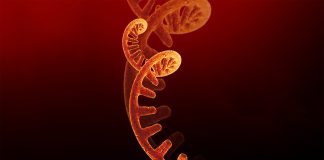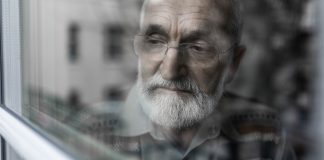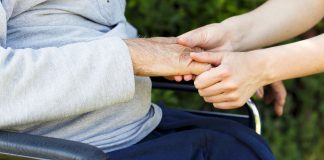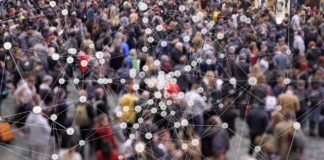The happiest people in the pandemic
“How can we rejoice if we’re at war?” This was one of the questions that arose in my mind after reading a book comprised of testimonies of people who experienced World War II as children. Decades after this nightmare, and stricken by a crisis that casts its shadow over people and nations everywhere, the question remains: can we still be happy in times...
The light of the eyes and mind
In Mexico, diabetic retinopathy is a significant challenge. Professor Pedro Gomez is the director of the Ophthalmology Institute of the University Hospital of Montemorelos in Mexico, renowned for the highest number of eye surgeries in Latin America.
One of my parents has Alzheimer’s. How can I be sure I won’t be next?
Hypervigilance and fear are the most common reactions of people who have a parent (or another family member) affected by Alzheimer's disease. Although a family history of Alzheimer's increases the risk of developing the disease, the picture of risk factors proves to be much more complex, just like that of prevention.
What could console our terrible fear of death?
Along with the rising death toll due to coronavirus complications, a usually latent aspect of our fear becomes harder to ignore. Despite the fact that it is the only certainty we all share, realising that our own end is a reality we might need to confront sooner than we had thought leaves many of us fervently searching for consolation.
COVID-19: The third signal
I thought to myself: Is there an alarm or is it an end of day signal?
COVID-19: A certain God in an uncertain world
“If anything kills over 10 million people in the next few decades, it’s most likely to be a highly infectious virus rather than a war — not missiles but microbes. We are not ready for the next epidemic” – these were the words Bill Gates said at the beginning of his speech at TED Talk conference on April 3, 2015.
The solution to addiction doesn’t come from within
How should addictions be understood? Addiction is usually regarded as a failure of the will, or as a sickness. Lately, the tendency is for the younger, educated generation to embrace the second answer. The idea that addiction is a failure of the will, a sin, from a Christian perspective, is seen as outdated.
Get your brain in shape
For a long time we’ve exercised for our physique. But studies are showing more and more the mind-blowing benefits exercise has on our brains.
How can the church support those affected by dementia?
According to experts and organisations that support this category of patients, people suffering from dementia and their caregivers need all the congregational support they can get.
COVID-19: When time no longer means money
As a teenager, I remember pasting a quote from Blaise Pascal on the wall of my room. It was a thought I resonated with, not without some arrogance: "All of humanity's problems stem from man's inability to sit quietly in a room alone."
COVID-19: How to stay efficient at work when your kids are near
How can one be efficient with your tasks when you no longer have an office of your own? How can one divide themselves between children, household chores and deadlines? How can one excel in their job without losing their mind or at least their patience? These are questions I had to face during the pandemic, even if working from home, around children, is...
Back from the brink: A doctor’s struggle with depression
Here’s a disturbing fact: Medical doctors have the highest suicide rate of any profession. It may be uncomfortable to read that in the USA nearly 400 doctors take their life every year. So how does a physician find assistance in a system that seems to be clearly failing its own? I sat down recently with Dr Charles, a fitness enthusiast, soccer fanatic and dad, to...
How lethal is COVID-19, and other (un)answered questions
There have now been over 12 million cases of COVID-19 infection globally, and half a million deaths. Researchers are constantly looking for new and better information to reduce the uncertainty around the virus.
Coronavirus health information: The great dilemma of quality sources
What are the most reliable sources of information on the coronavirus, and what are the arguments that advocate for their reliability?











